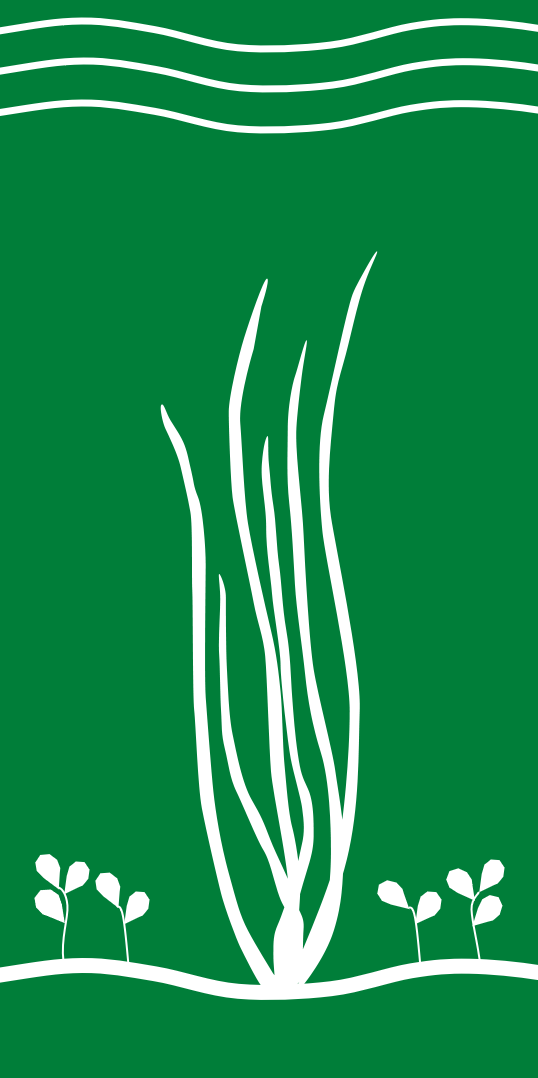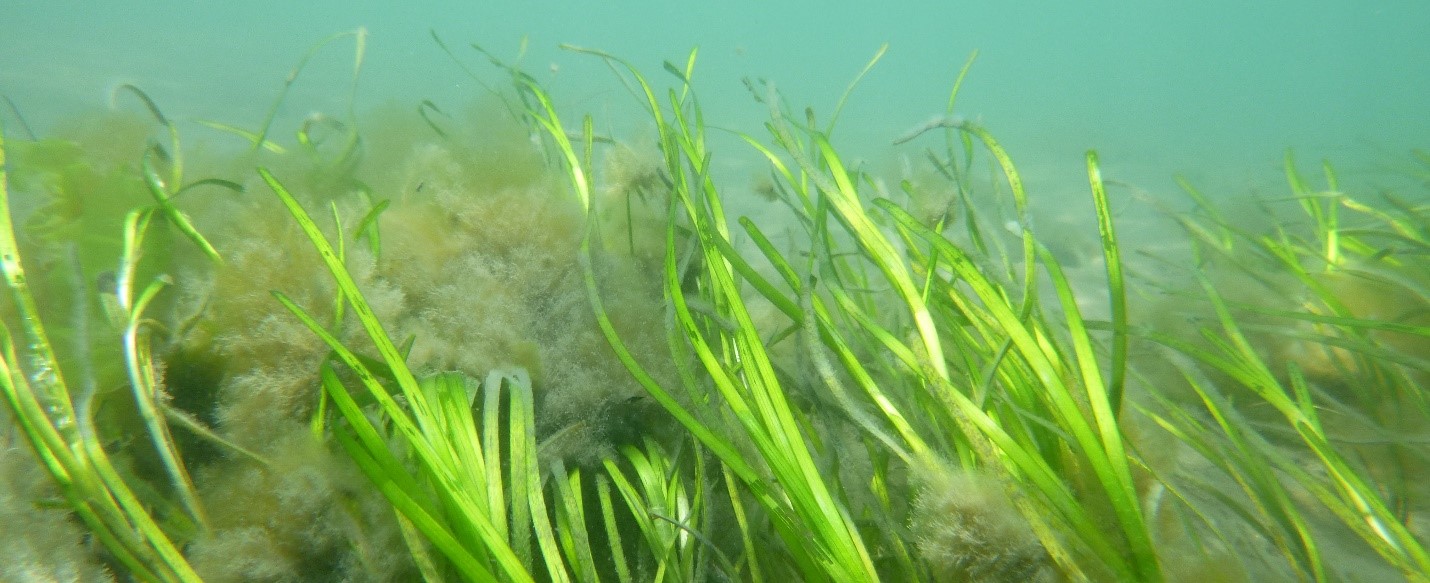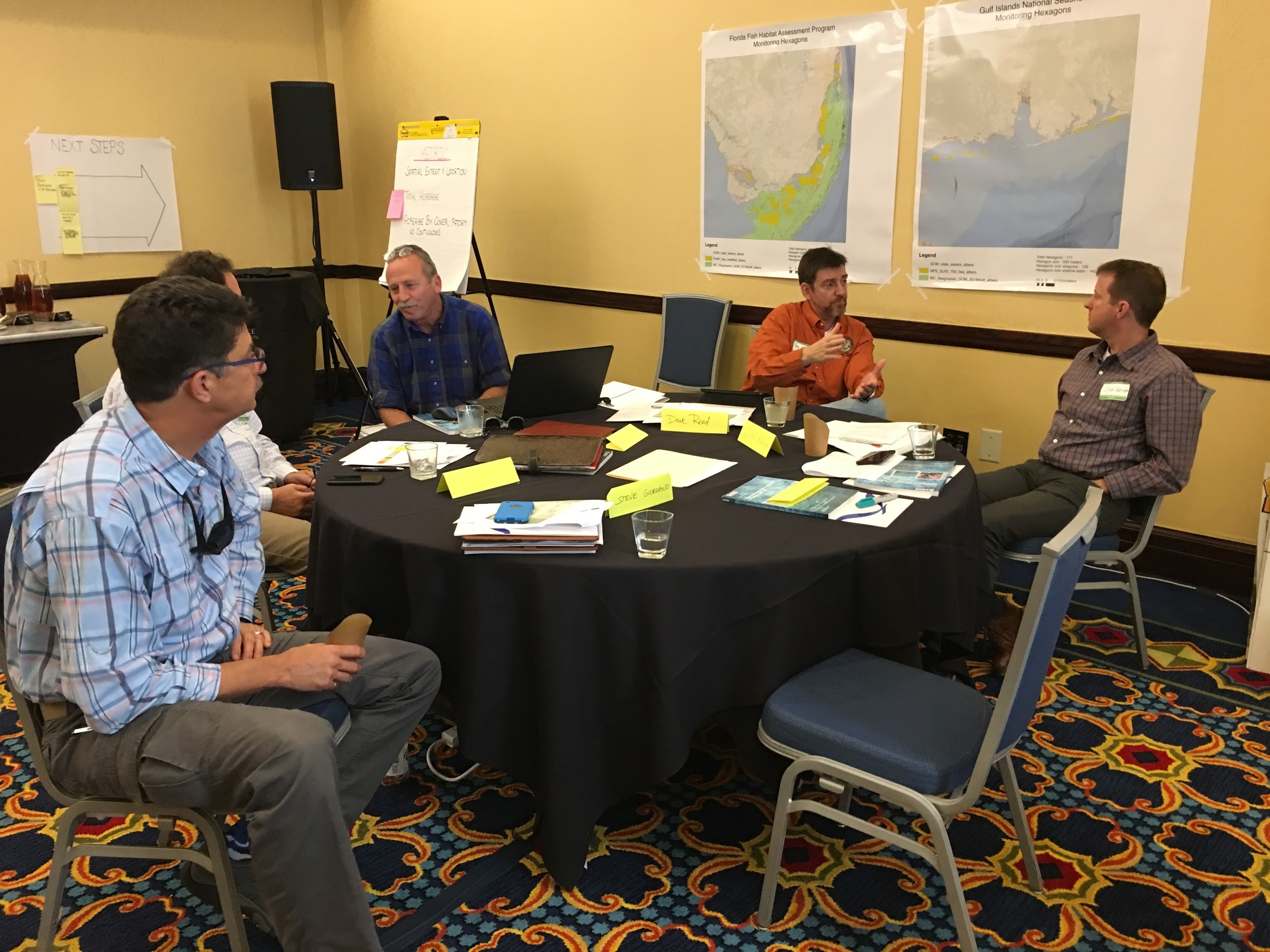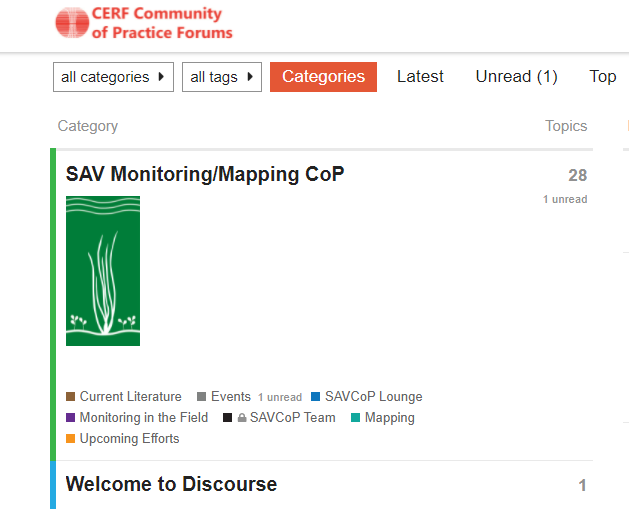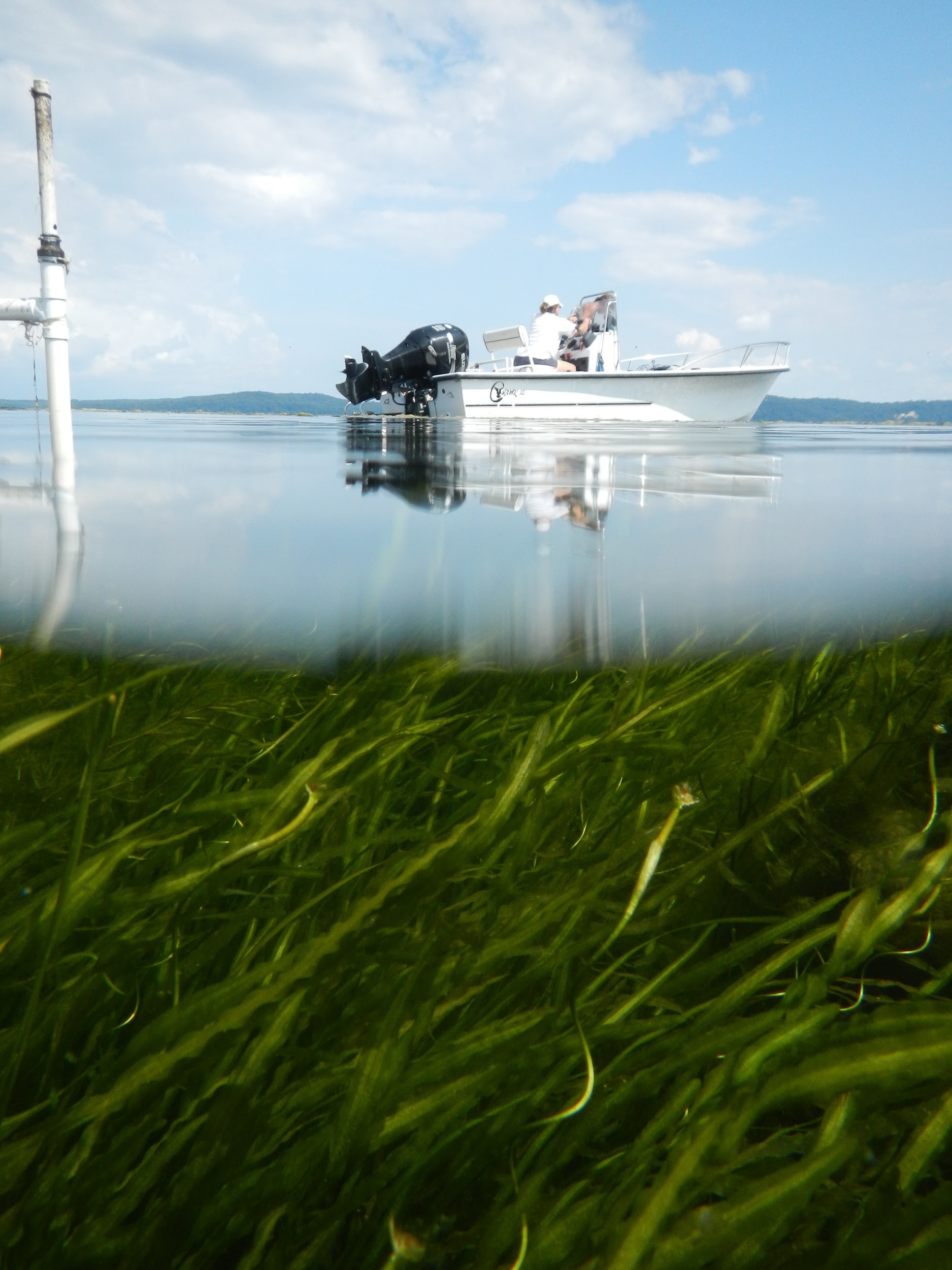- About
- Affiliates
- Join
- Publications
- Estuaries and Coasts
- CERF's Up! Quarterly Bulletin
- Coastal & Estuarine Science News (CESN)
- CERF-Lit
- Advertising
- Programs & Events
- Inclusive Culture
- Communities
BackgroundWhat is a Community of Practice? Communities of Practice (CoP) are groups of people with a shared interest that interact regularly to learn from each other, share ideas, and advance the state of knowledge about a particular topic. A CoP offers a forum for individual, professional, and agenda development around the topic of interest. Why the SAV CoP? Submersed aquatic vegetation (SAV) are rooted, vascular plants that grow completely underwater. SAV is a term generally used for marine, estuarine, and riverine angiosperms, and macrophytes, with marine species commonly referred to as seagrasses. Our focus is on the mapping and monitoring of SAV, encouraging discussion on best practices and new technologies and techniques to manage these vital habitats. After a successful series of CERF Seagrass Mapping workshops, resource managers and researchers from federal, state, and academic institutions came together to create the SAV CoP as a way to continue sharing knowledge and advice on advancing the use of seagrass mapping technologies. Interests have expanded beyond seagrass mapping practitioners to include supporting the management, research, restoration, and conservation of seagrass. The intent of the SAV CoP is to facilitate collaboration and coordination among a broad sweep of members with different organization affiliations and job responsibilities as well as a variety of experiences to share information and leverage resources.
Participants discuss monitoring indicators and metrics for Mobile Bay and their implementation. Goals
Objectives
Structure The SAV CoP is coordinated by a steering committee drawn from individuals from federal agencies, academia, and private organizations. The SAV CoP hosted by the Coastal and Estuarine Research Federation (CERF) is an international collective of individuals interested in SAV. The SAV CoP has three topical focus areas. Practitioners (of all skill levels) involved with these aspects of SAV are encouraged to participate: The CoP has the following four topical focus areas. Practitioners involved with these aspects of SAV are encouraged to participate:
*In the future we expect to expand into restoration activities. The SAV CoP works closely with many organizations focused on SAV including:
Are you part of a local or regional COP or Alliance that would like to join our efforts? We’d love to have you. Contact [email protected] Discourse ForumTo facilitate discussion, the SAV CoP is organized around an online forum platform, Discourse, for member dialog, which allows public access to posts and documents without creating an account and announce upcoming events (Discourse account required) Members can also submit questions to the community at large (account required). This forum can be accessed at forum.cerf.science. A manual for getting started in Discourse is available to guide new members. Users are encouraged to reach out to the steering committee for technical assistance at [email protected] News and FeaturesLook for upcoming CoP meetings and events on our Google calendar. Be sure to also check the CERF social media sites as well. Rules and Etiquette To ensure the best possible experience for all Community of Practice (CoP) members, we have established some basic guidelines for participation. By joining a CoP, you agree that you have read and will follow these rules and etiquette: Communities of Practice - Rules & Etiquette The CoPs are provided as a service of CERF. We are not responsible for the opinions and information posted on this site by others. CERF disclaims all warranties with regard to information posted on this site, whether posted by CERF or any third party; this disclaimer includes all implied warranties of merchantability and fitness. In no event shall CERF be liable for any special, indirect, or consequential damages or any damages whatsoever resulting from loss of use, data, or profits, arising out of or in connection with the use or performance of any information posted on this site. CERF does not actively monitor the site for inappropriate postings and does not on its own undertake editorial control of postings. However, in the event that any inappropriate posting is brought to our attention, we will take all appropriate action. CERF reserves the right to terminate access to any user who does not abide by these guidelines. Resources
Contact or Join the CoPFor more information about the SAV CoP, contact the SAV steering committee at [email protected]. Joining the SAV CoP is easy! Create your account for free at https://forum.cerf.science/. Members will have access to the Google online collaboration space, receive advance notice of relevant events, and materials produced by the community. Want to do more? Contact the SAV steering committee to volunteer with us. |

